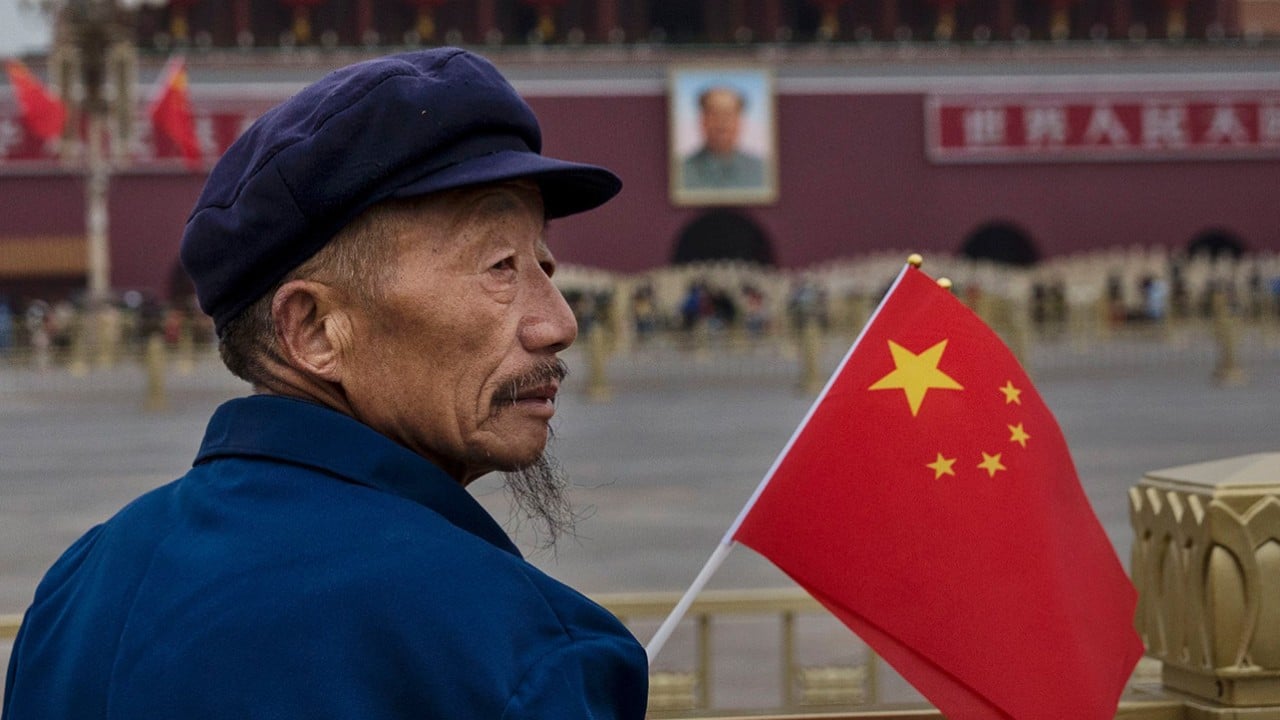
China regions rethink support for workers with older parents as population ages
- At least 13 regional authorities have already extended parental care leave entitlements, with Zhejiang the latest to consider the move
- The entitlement was introduced to help people from millions of one-child families but could roll out to employees who have siblings
The Zhejiang health commission said on Wednesday that it would give active consideration to a resident’s online suggestion to extend the leave entitlement when revising its population and family planning regulations.
Zhejiang residents are entitled to five days of parental nursing leave each year if they are from a one-child family with parents aged over 60.
The health authority said it would also encourage employers to grant parental nursing leave days to employees who were not from one-child families when their elderly parents were sick or hospitalised.
What was China’s one-child policy and why was it so controversial?
The authority said it was responding to a resident’s suggestion left on the local government’s feedback website in January, which said Zhejiang should not distinguish between families based on the number of children when providing parental care leave.
Being filial to parents and accompanying them in illnesses was “basic ethics”, the resident said.
In Beijing, local authorities gave similar positive responses on January 30 to residents calling for the nursing leave to be extended. Employees in the capital get 10 days’ paid parental care leave, but only if they are the sole child in the family.
The Beijing Civil Affairs Bureau said it “fully appreciates” the urgent needs facing people as the city’s population rapidly aged and described the nursing leave as “a proactive measure” to assist them.
The bureau said the requests would be put to the city’s legislators when they deliberated on revisions to Beijing’s municipal regulations for the protection of the elderly. There are no national laws and regulations covering leave entitlements.
In May last year, the Guangxi Zhuang autonomous region’s health commission also responded to a proposal from a local legislative deputy to include workers who are not from one-child families in the cohort eligible for parental nursing leave.
But it also pointed out that any such measures must strike a proper balance between the rights of workers and employers’ labour costs.
According to Shanghai online news portal The Paper, at least 13 regions have already passed revised versions of the provincial regulations on parental nursing leave. Most provinces offer 15 days a year to one-child workers and 10 to those with siblings.
Research by Peking University found that China had at least 225 million people in 2015 who were the only child in the family, a number that is expected to have surpassed 300 million by now.
The one-child policy – introduced by Deng Xiaoping – was strictly enforced until it officially ended in 2016. Most couples who had only children are now over 60, with their sole offspring facing increasing pressure in caring for them, with no siblings to share the responsibility.


